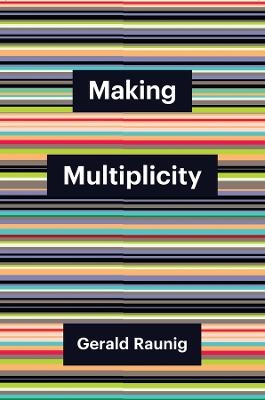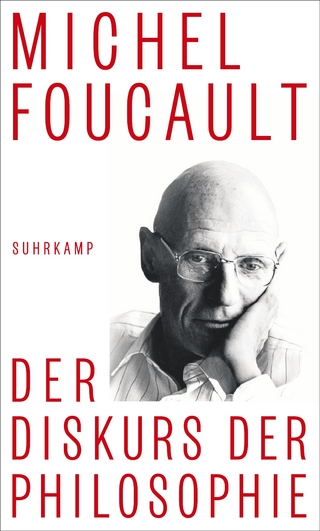
Making Multiplicity
Polity Press (Verlag)
978-1-5095-6283-1 (ISBN)
Always staying close to contemporary social struggles and movements, the book starts from the contention that we are in need of a storm against identitarian domination, unification, and homogeneity. Raunig argues that the conceptual and political experimentations with multiplicity around and after 1968 did not go far enough: today, anti-identitarian, queer, and multitudinarian positions should not just be defended but pushed further, over unexpected folds and along the flattest surfaces, beyond previous approaches and previous historical experiences.
Making Multiplicity is a conceptual manifesto which sets a new tone in poststructural philosophy. The seventeen concepts developed here form an assemblage that invites us to think, read, write, and indeed, make multiplicity.
Gerald Raunig is co-founder of the European Institute for Progressive Cultural Policies and Professor of Philosophy at Zürich University of the Arts.
Introduction
1. Of Machinic Capitalism
2. Of Dividuality and Condivision
3. Of Middle
4. Of Assembly, Farnearness, and Becoming Similar
5. Of Minor Voices and Windy Kin
6. Of Joints, Disjointures and Subjunctures
7. Of Subsistence and Subsistings
8. Of Caring Company, Propertyless Occupation and Poor Possession
9. Of Technecologies and Transverses
10. Of Softness, Unmunt and Minor Masculinity
11. Of Becoming Nothing
12. Of Transversal Intellect
13. Of Queer Bracing of Time and of Lurking for What Was
14. Of Non/conforming Masses
15. Of Condividual Revolution
16. Of Dissemblage
17. Of Multiplicity
| Erscheinungsdatum | 21.08.2024 |
|---|---|
| Reihe/Serie | Theory Redux |
| Verlagsort | Oxford |
| Sprache | englisch |
| Maße | 130 x 196 mm |
| Gewicht | 249 g |
| Themenwelt | Geisteswissenschaften ► Philosophie ► Philosophie der Neuzeit |
| Sozialwissenschaften ► Soziologie ► Allgemeines / Lexika | |
| ISBN-10 | 1-5095-6283-4 / 1509562834 |
| ISBN-13 | 978-1-5095-6283-1 / 9781509562831 |
| Zustand | Neuware |
| Haben Sie eine Frage zum Produkt? |
aus dem Bereich


